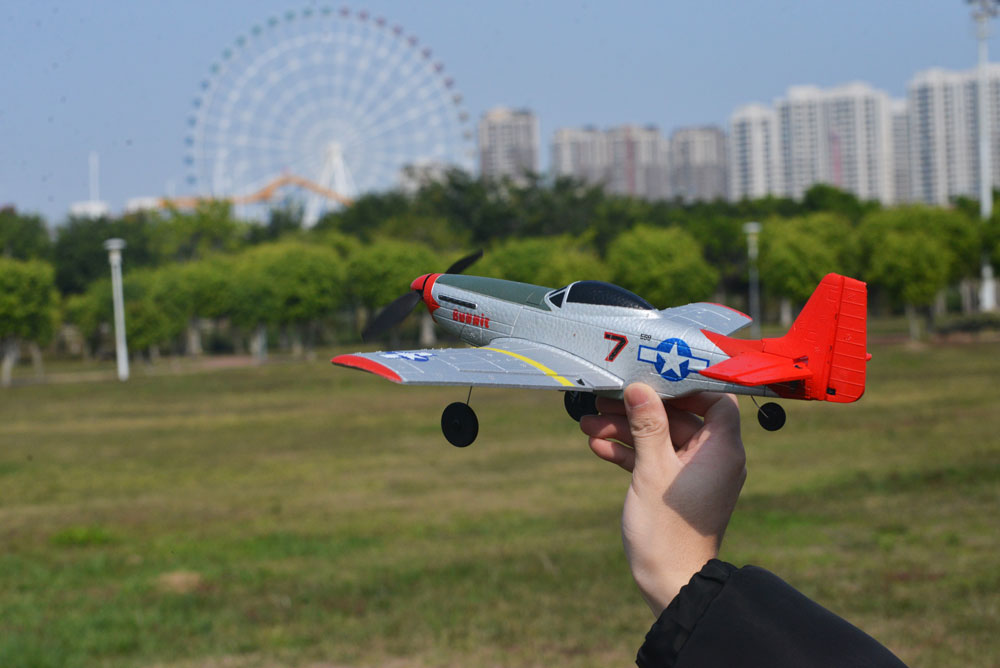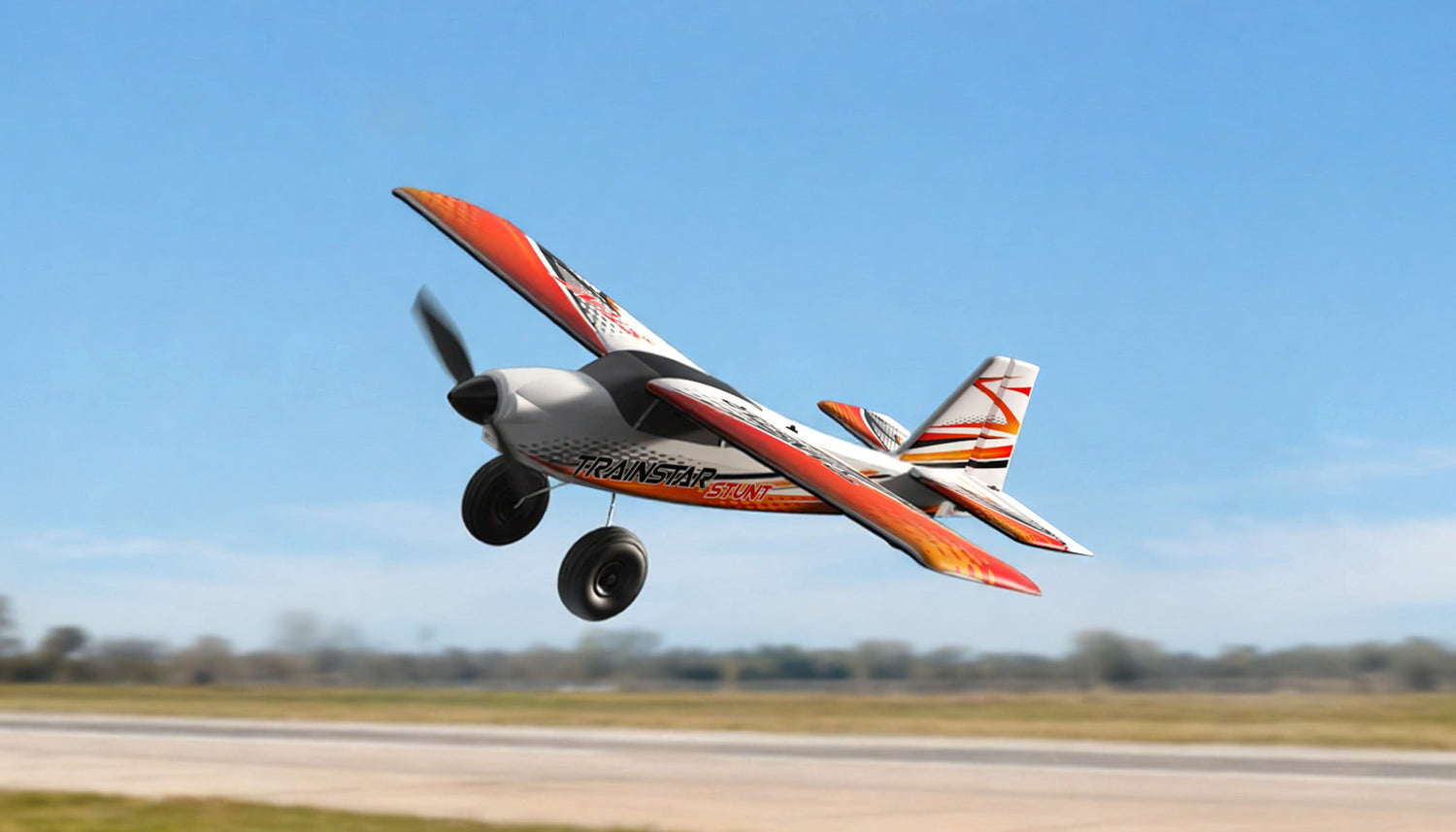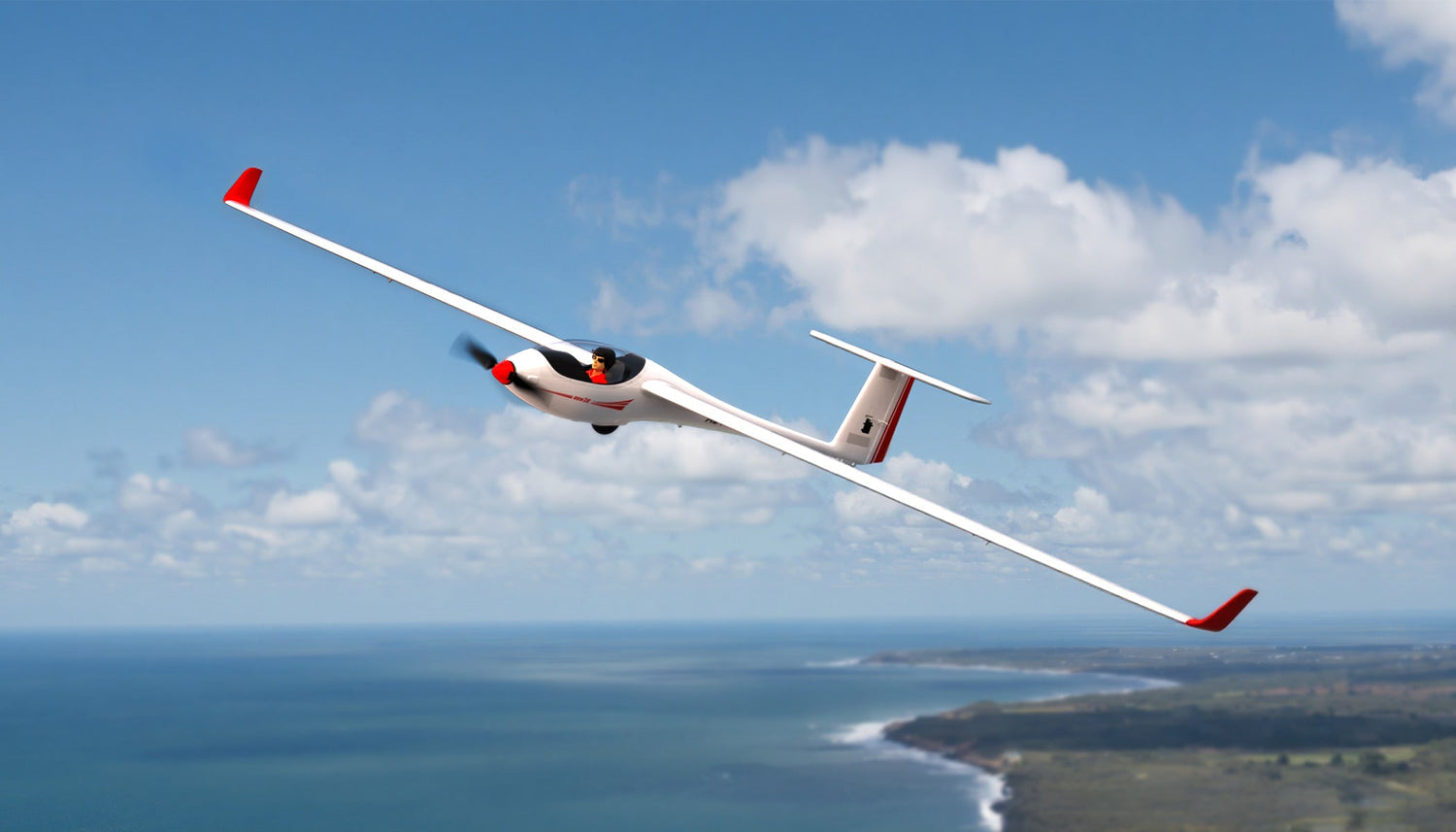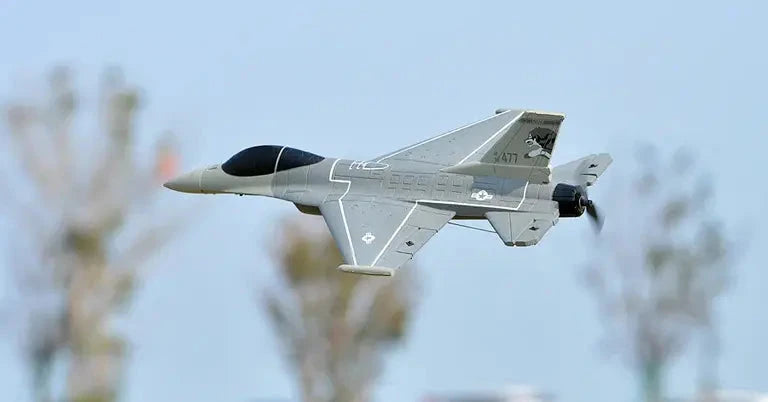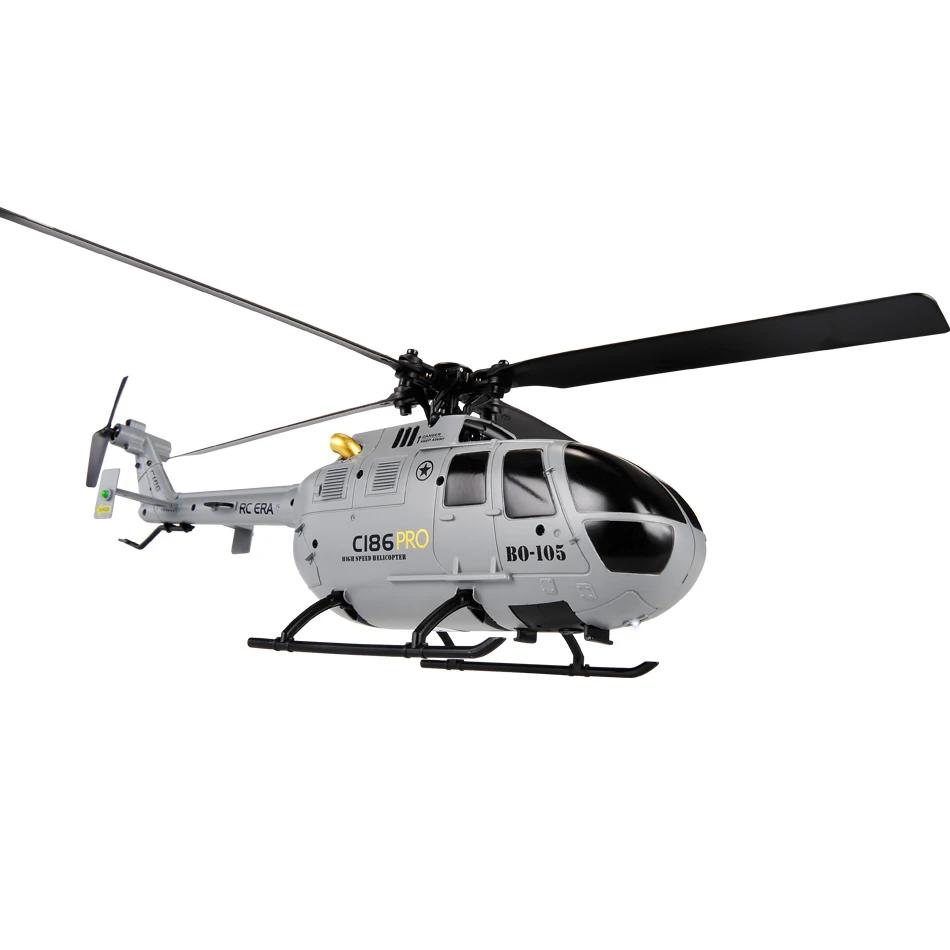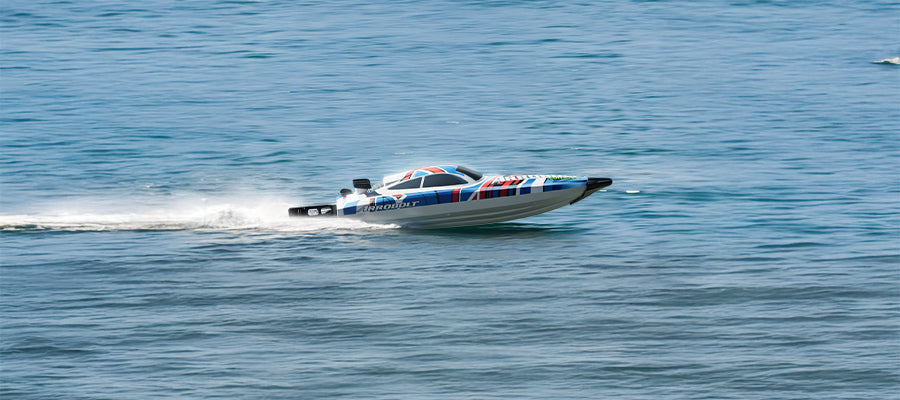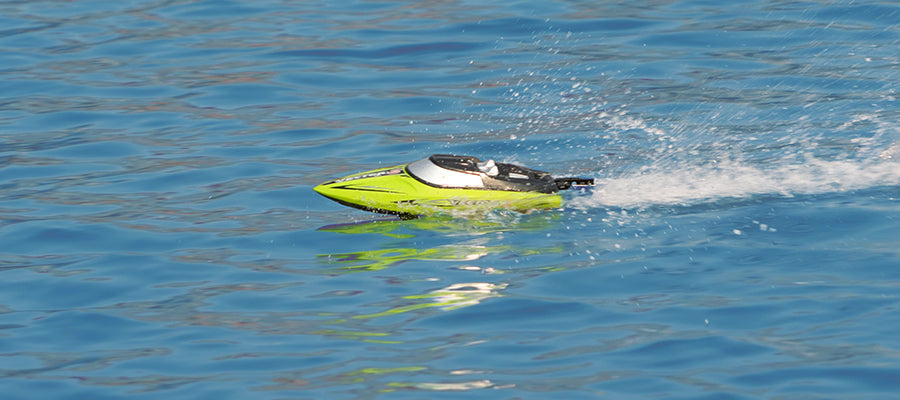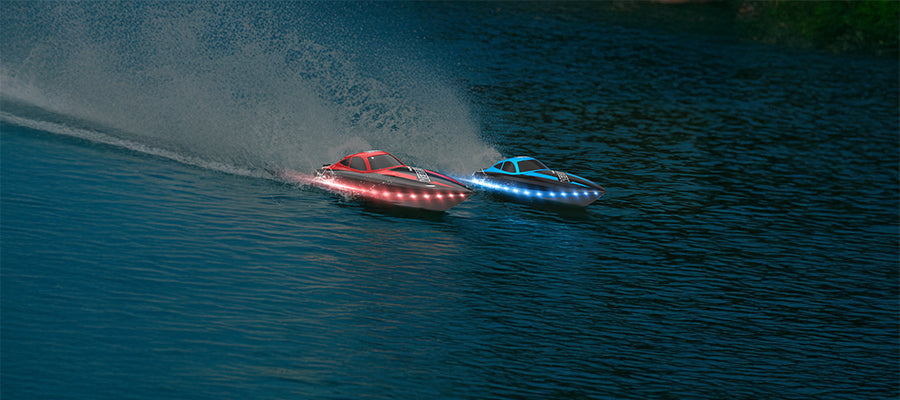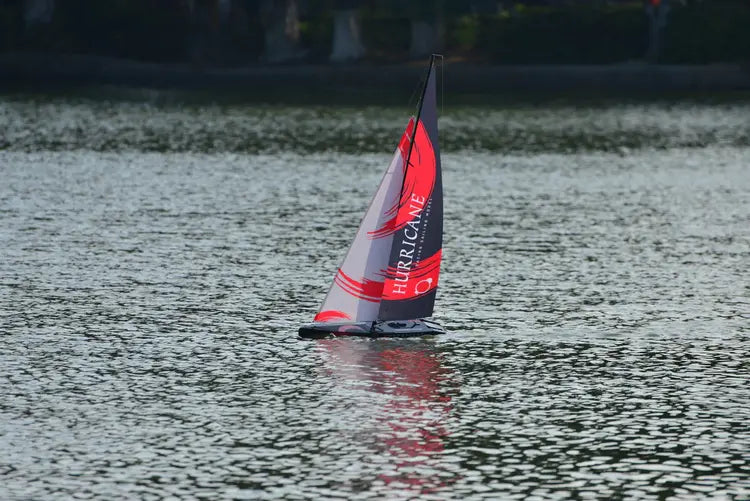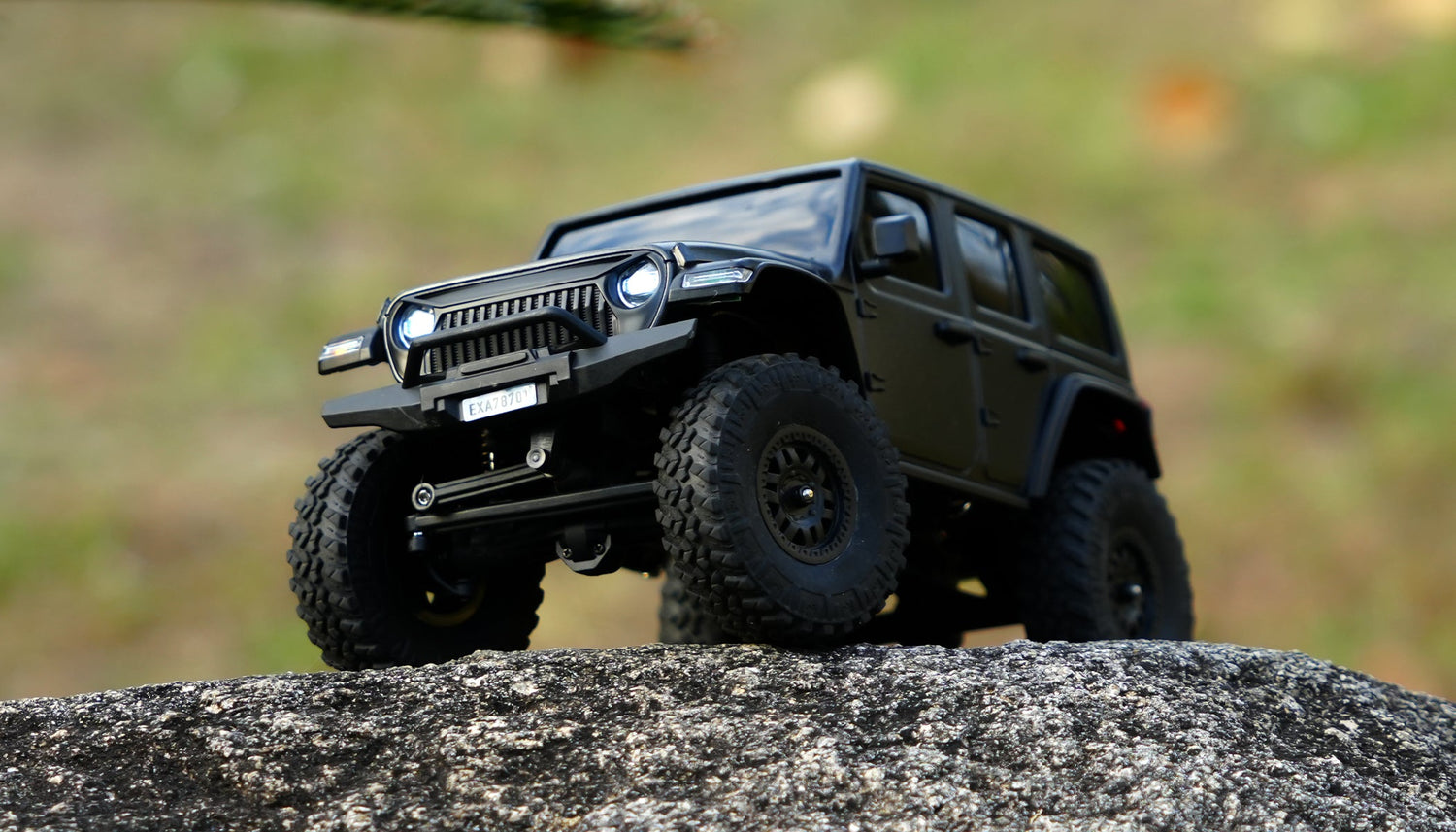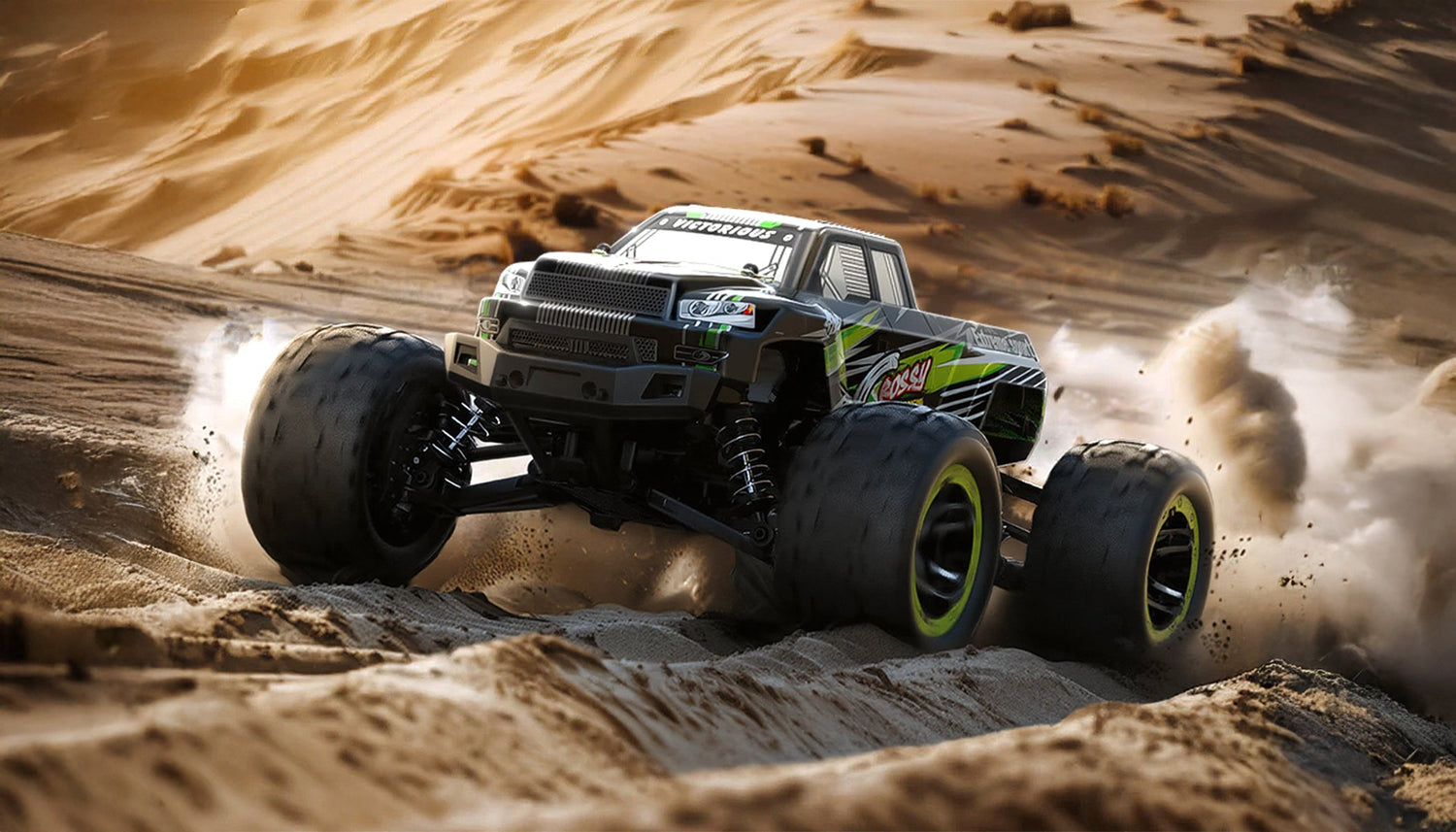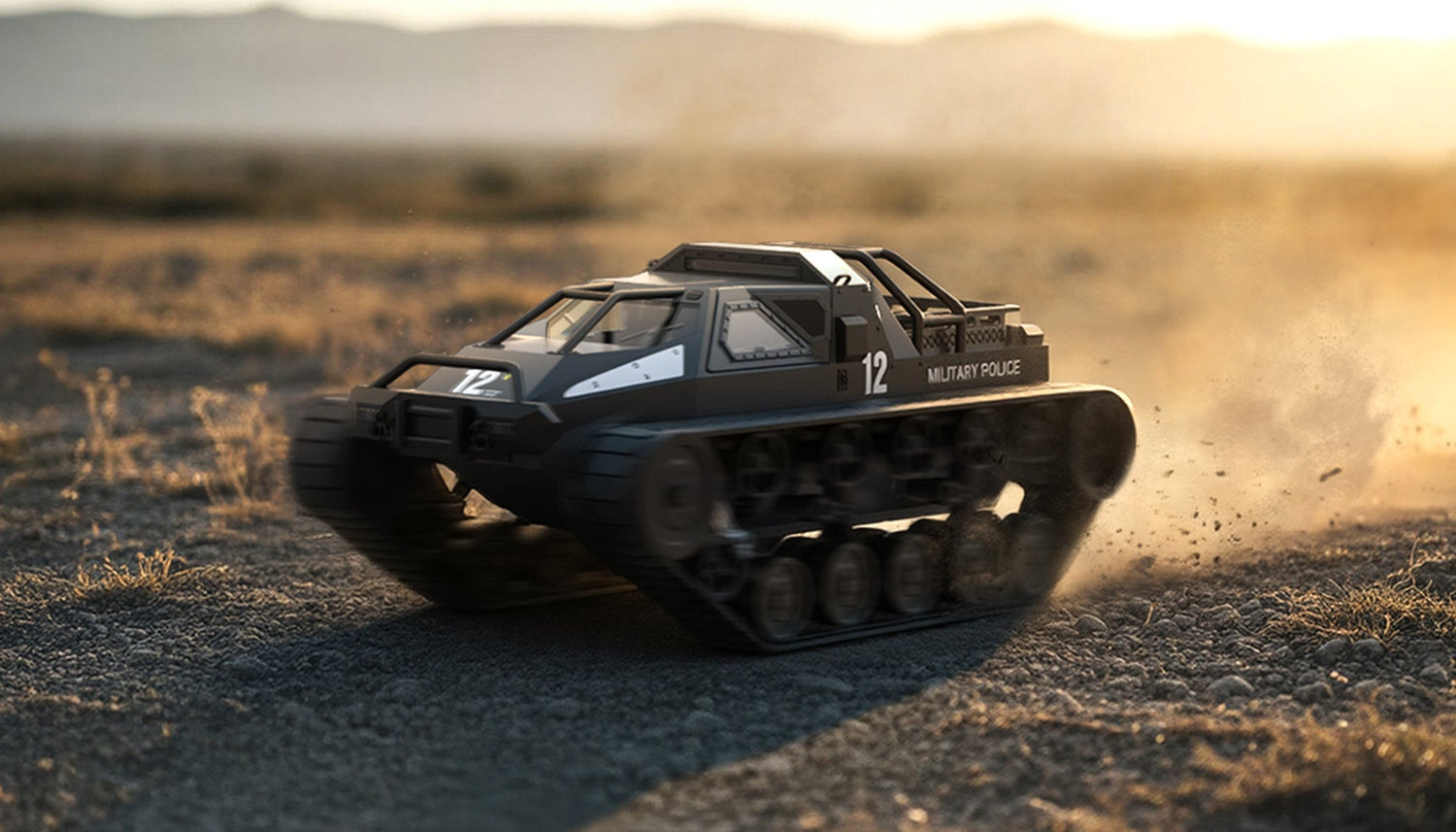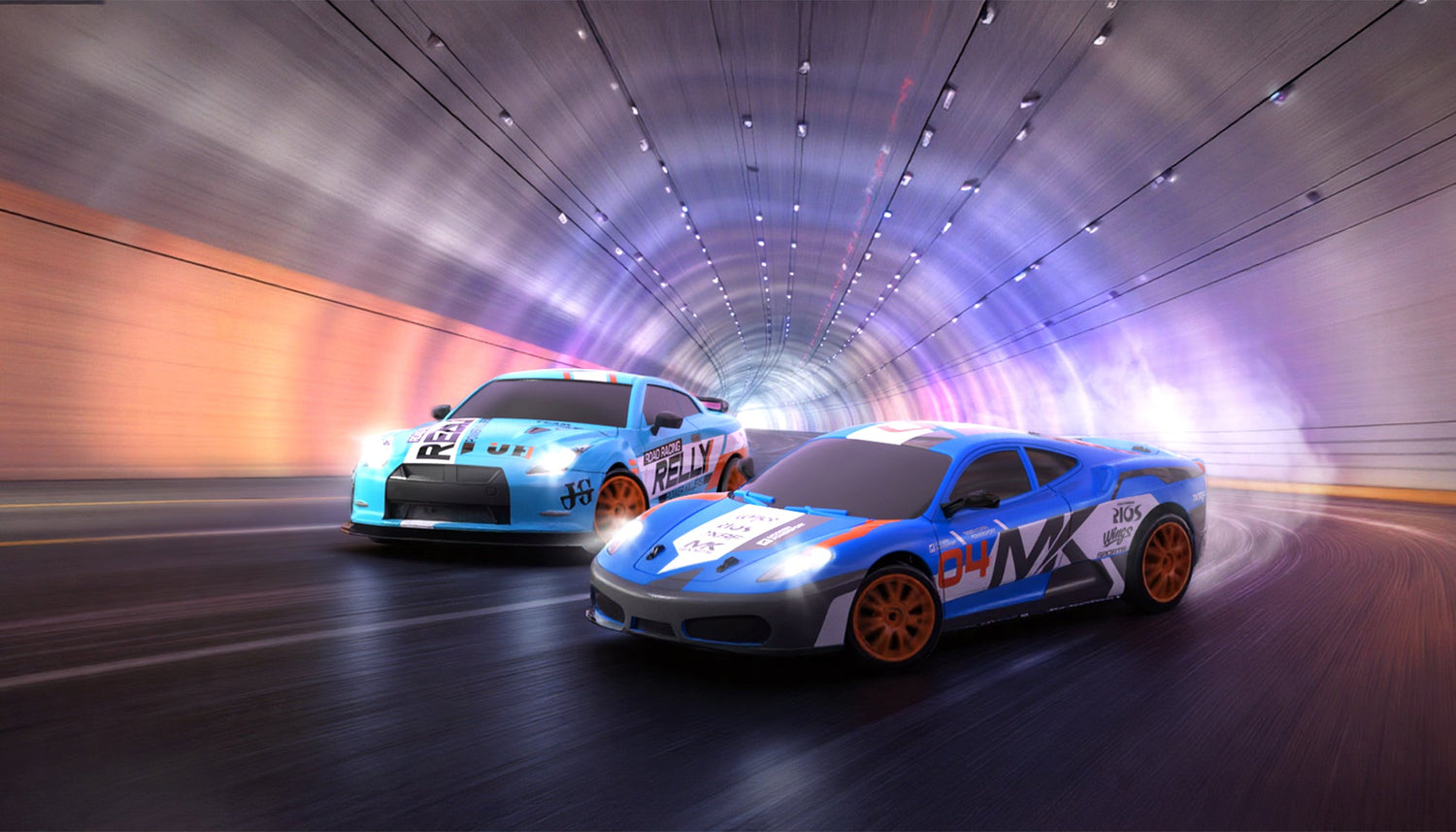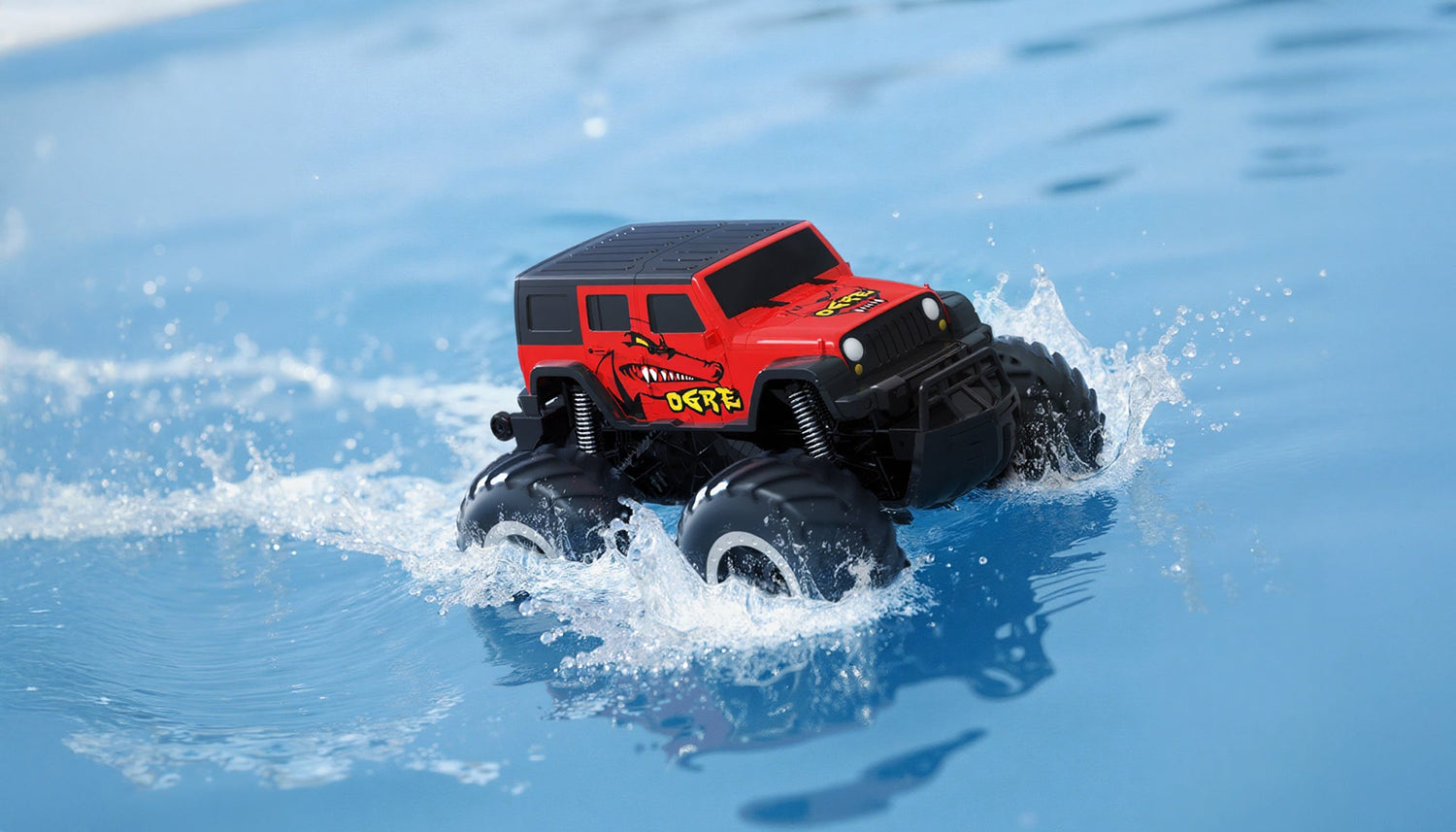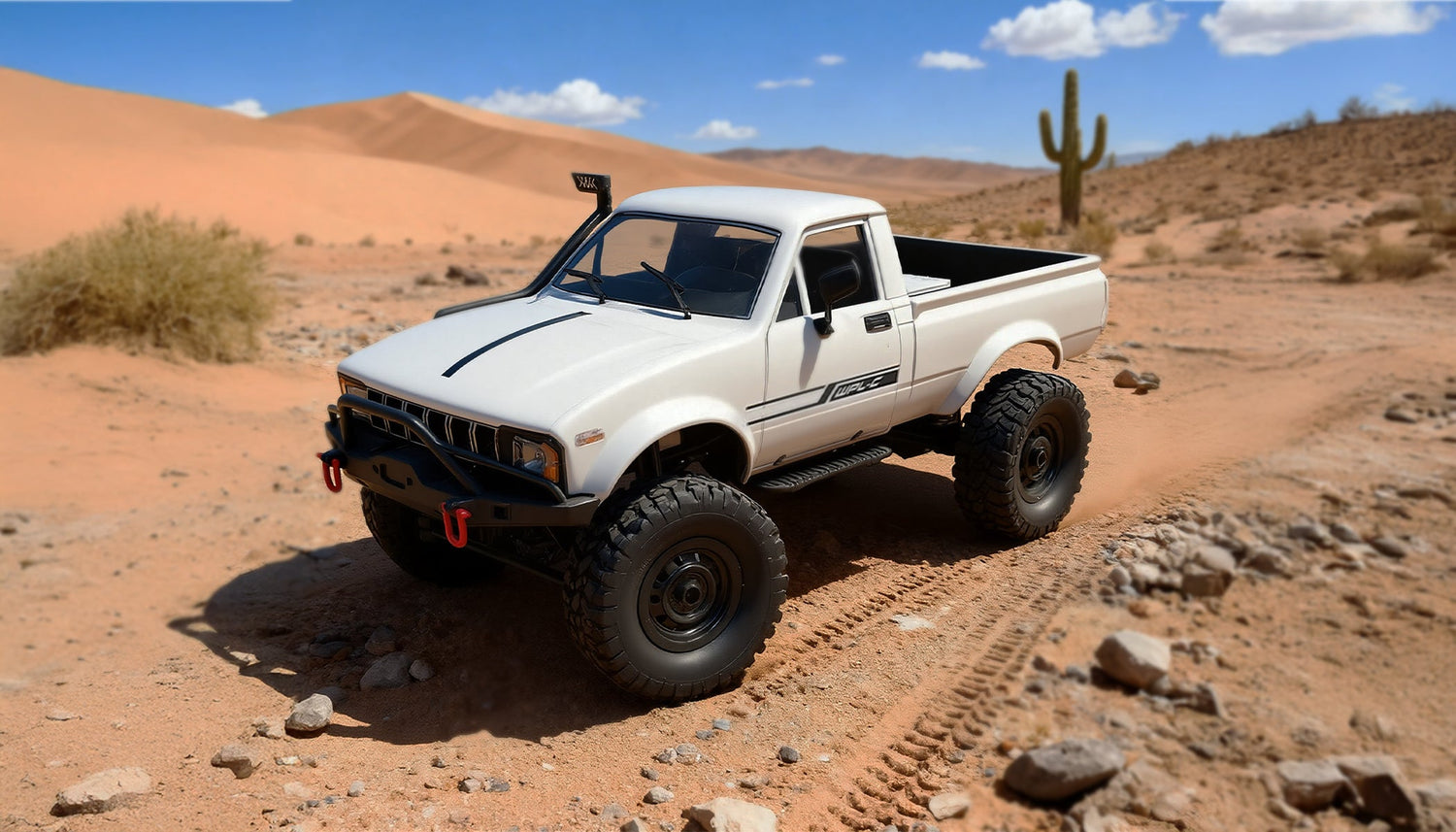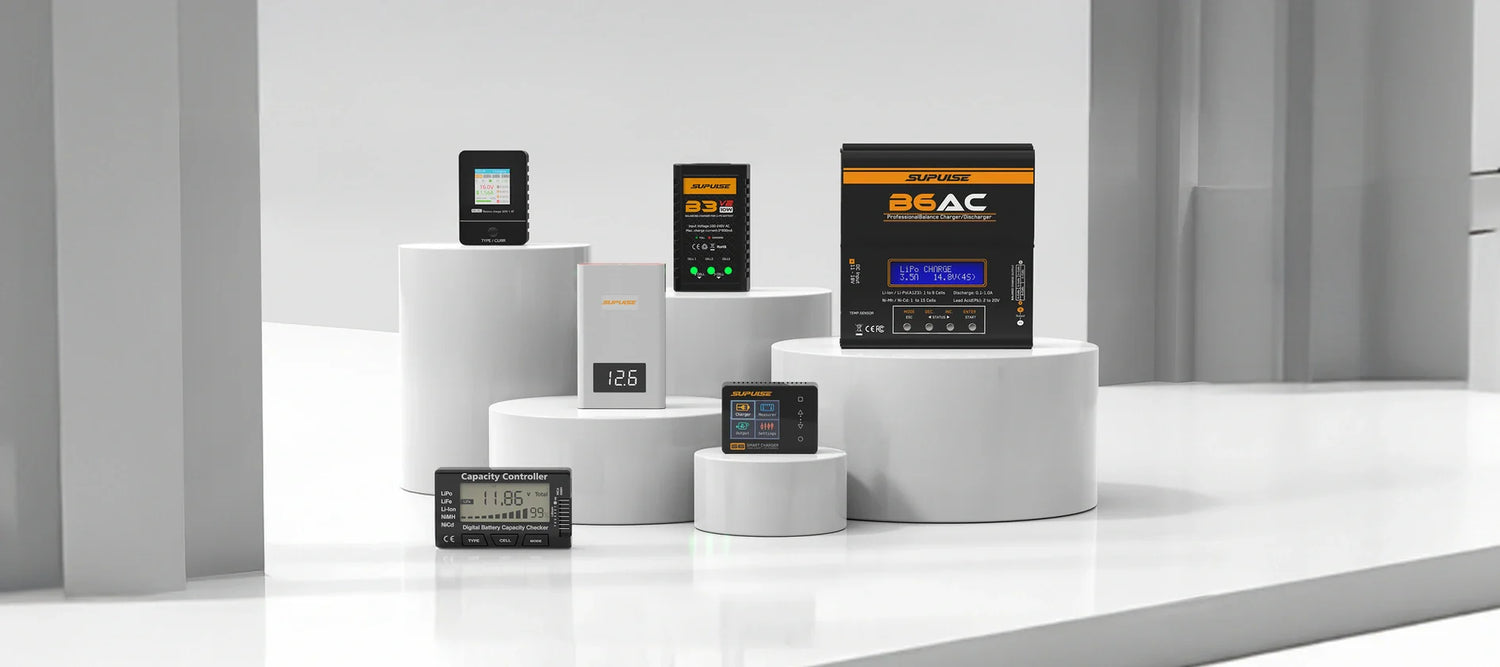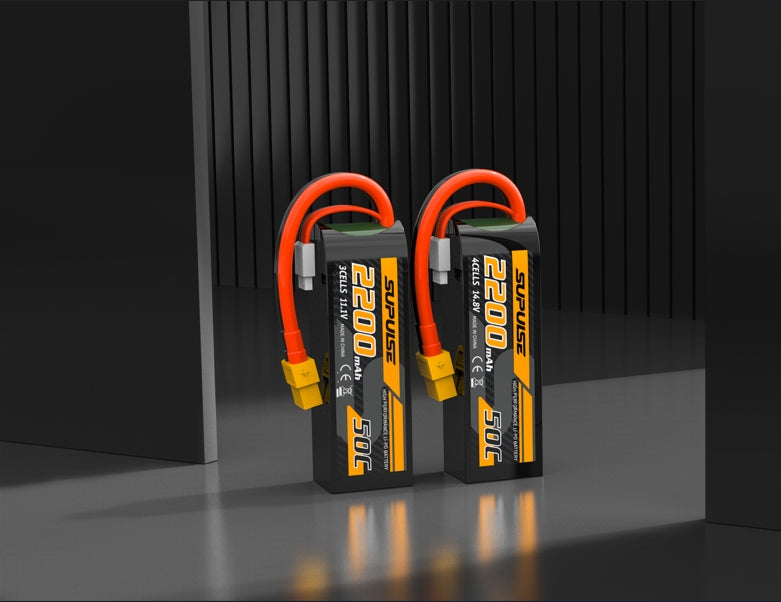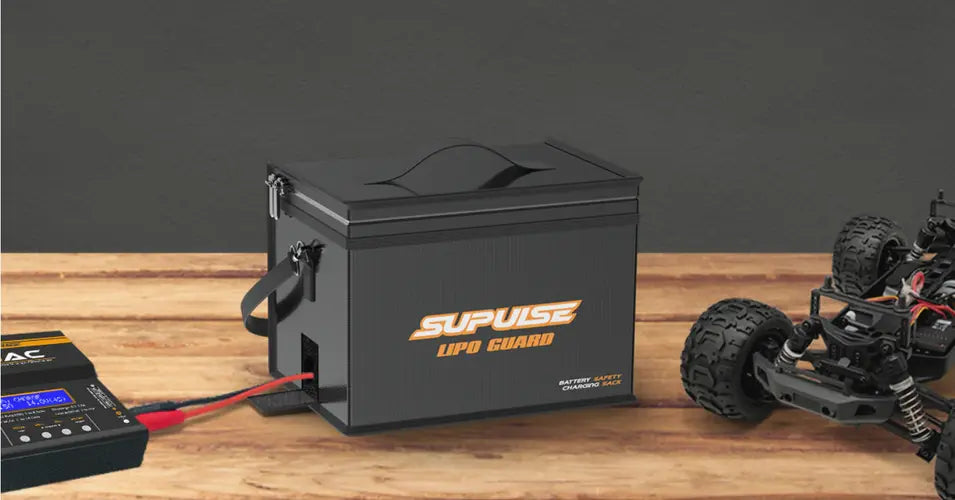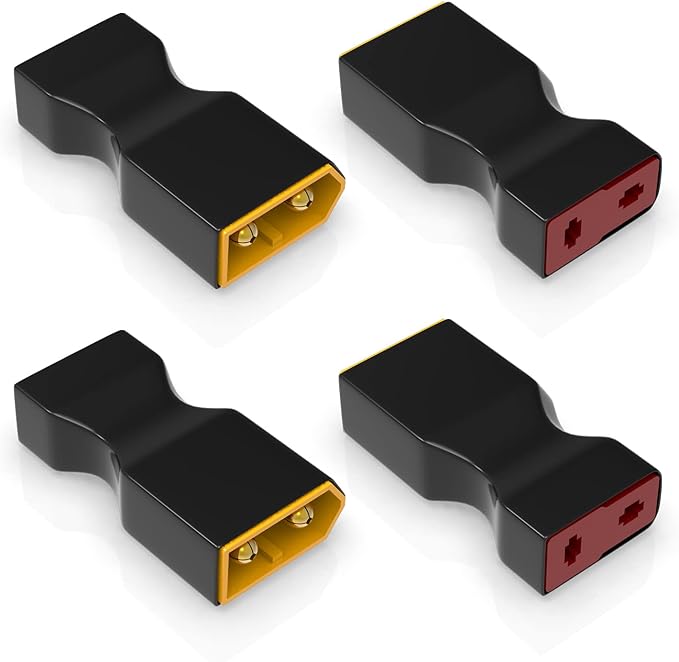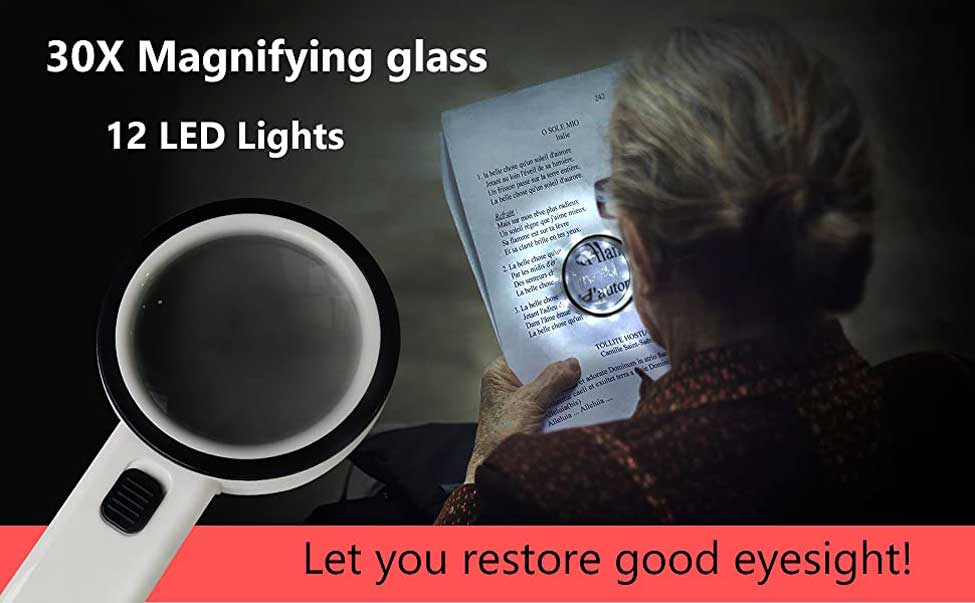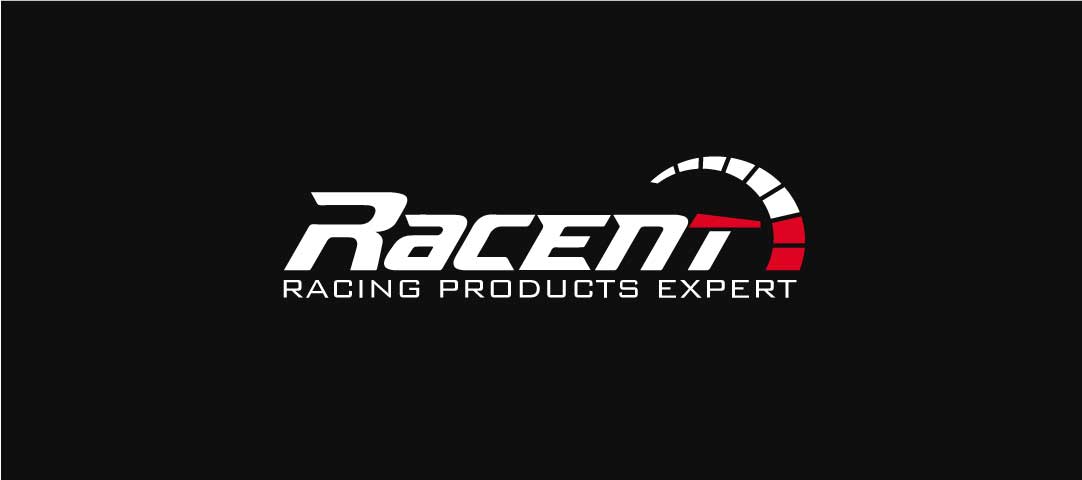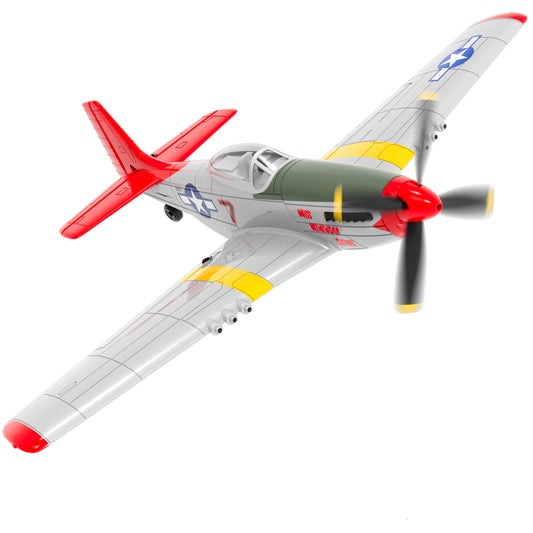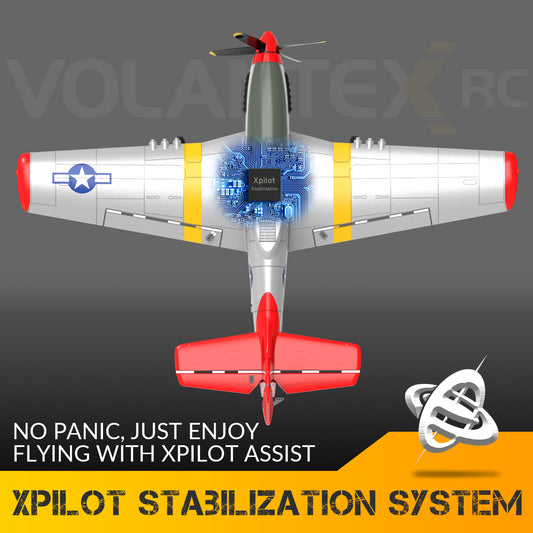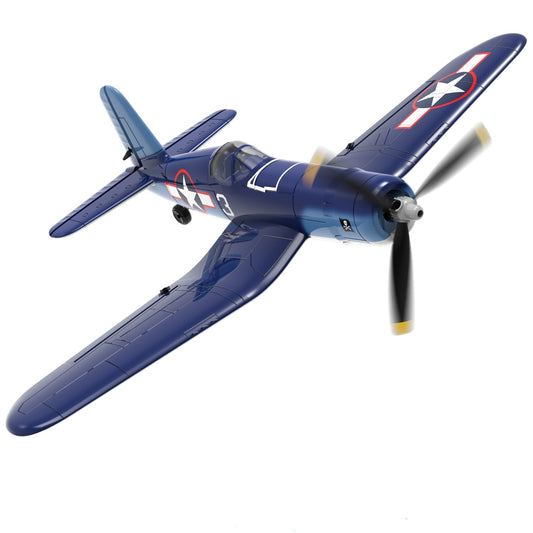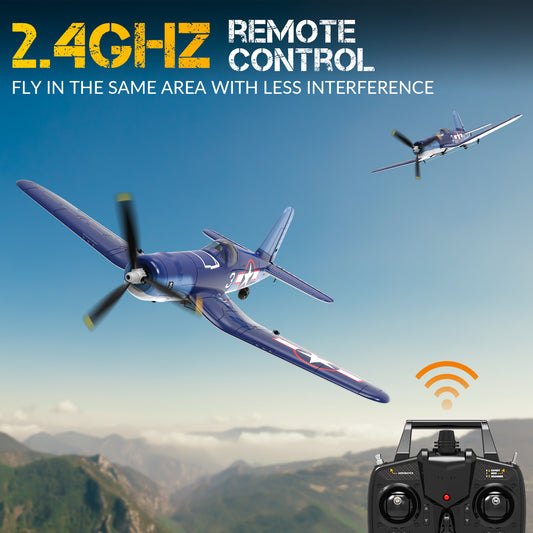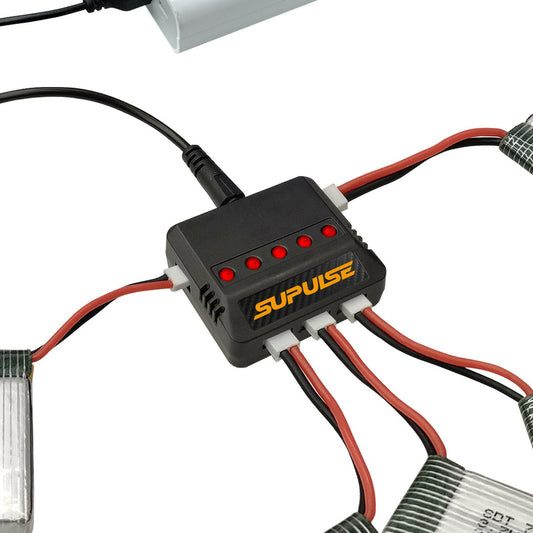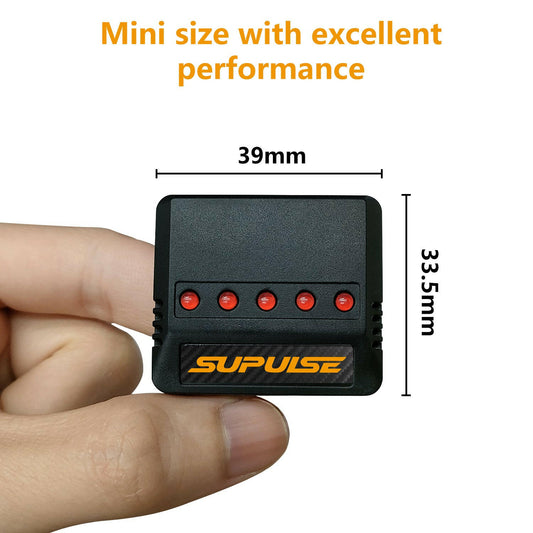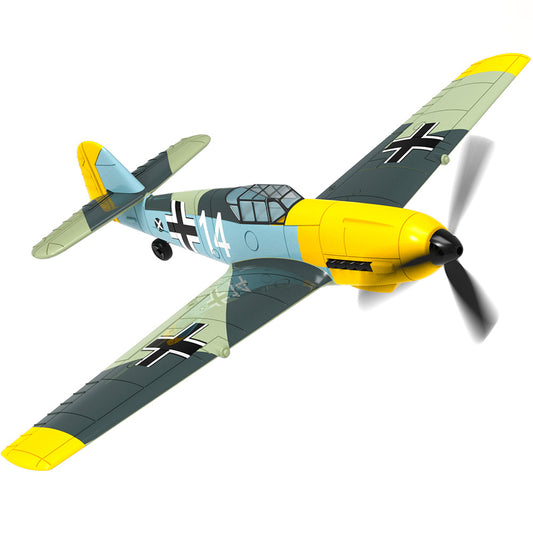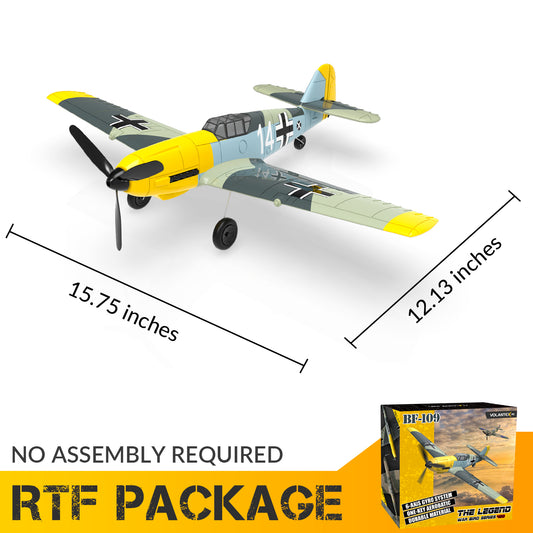Sailboats and Pool RC boat :typically range from 10 to 25 mph.
Most RC boats: Go 20-30 mph. This range accounts for typical recreational use, but speeds can differ significantly depending on the boat's design and purpose.
Racing boats: Can hit over 40-60 mph
This guide will look into the speed of RC boats, concentrating on motor type, hull design, motor type, battery capacity, propeller choice, boat weight, and water conditions.
Factors That Influence RC Boat Speed
Several elements determine how fast an RC boat can go, impacting both average and peak speeds. Hull design is critical; longer, narrower hulls reduce water resistance, as seen in racing boats capable of over 60 mph, according to Exhobby: The Speed of RC Boats. Motor type also plays a role: brushless motors offer higher efficiency and speed compared to brushed motors, while battery type and capacity, such as lithium polymer batteries, can extend run time and boost peak speeds.
Other factors include propeller design, which affects thrust; boat weight, where lighter hulls accelerate faster but may lack stability; and water conditions, with glassy surfaces allowing higher speeds than choppy waters. These variables mean that speed is not fixed but can be optimized through design and upgrades.
| Model Example | Speed (mph) | Notes |
|---|---|---|
| Altair AA Aqua | 20 | Durable, beginner-friendly |
| Cheerwing | 15 | Suitable for kids, lower speed |
| Feilun FT012 | 28 | Mid-range, popular choice |
| Traxxas DCB M41 | 50+ | High-performance, for experts |
Electric vs. Nitro vs. Gas: Which is Faster?
The power source significantly impacts RC boat speed. Electric boats, especially those with brushless motors and high-capacity lithium polymer batteries, are common and can achieve impressive speeds, often comparable to nitro and gas models. For instance, Pro Boat some large boat models hitting over 70 mph.
Nitro and gas boats, while less common, offer different performance characteristics, with some models reaching similar high speeds but requiring more maintenance. The choice depends on user preference, with electric boats being more accessible for beginners due to ease of use and availability, as seen in product listings on Amazon: Fast RC Boats. This comparison shows that while electric boats dominate the average speed range, nitro and gas can compete at the high end.
How to Accurately Measure Your RC Boat's Speed?
Measuring RC boat speed is essential for enthusiasts wanting to verify performance. Common methods include using GPS speedometers, which provide accurate readings by tracking distance over time, and radar guns, often used in racing scenarios.
Smartphone apps with GPS functionality can also estimate speed, offering a budget-friendly option.
These tools, mentioned in hobbyist discussions like Reddit: r/rcboats, ensure users can assess whether their boat meets advertised speeds, such as the 20–30 mph average for hobby-grade models.
Tips and Tricks to Boost Your RC Boat's Speed?
-
Power Up with Brushless Motors
Swap your basic motor for a brushless one. These give more power without draining batteries as fast. -
Better Batteries = More Zoom
Use batteries with higher mAh (last longer) or higher "C" ratings (give quick power bursts). Both help with speed. -
Pick the Right Propeller
Smaller props spin faster for quick bursts. Bigger props push more water for steady speed. Try different sizes! -
Lighten the Load
Remove extra weight like metal parts. Use lightweight materials like plastic or carbon fiber where possible. -
Smooth Out the Shape
Make your boat's bottom flatter and pointier at the front. This helps it cut through water better.
Safety First!
Always test changes in calm water first. Don't make your boat so fast that it becomes hard to control!
Most of these ideas come from other RC boat fans. Start with 1-2 upgrades at a time, and watch your boat fly across the water!

